15 Remote Management Best Practices for 2022
Casey O'Connor
Although we’re finally moving out of the pandemic, remote work is here to stay. Global Analytics reports that 25 – 30% of employees will continue to work from home even after the last reminders of the Coronavirus pandemic are long behind us.
That means that those in the remote management role need to find ways to make their role productive, sustainable, and valuable to their organizations.
In this article, we’ll go over everything you need to know about remote management, including the pros and cons of the role, traits of successful managers, and 15 best practices to help remote managers be the best they can be.
Here’s what we’ll cover:
- What Is Remote Management?
- Advantages and Disadvantages of Remote Management
- 15 Remote Management Best Practices
- Traits of a Good Remote Manager
What Is Remote Management?
Remote management refers to the work managers do when they run remote or hybrid (part remote, part in-office) workforces. Remote managers are responsible for managing employees who work from home, or otherwise outside of the office.
Remote management requires a unique set of skills and entails responsibilities that are different from general sales management. It refers to the set of strategies that sales managers will use to coach, instruct, track, respond to, and inspire remote employees.
Advantages and Disadvantages of Remote Management
While many employees prefer remote work, the task of remote management is not always embraced with as much enthusiasm.
There are, of course, advantages and disadvantages to the role. Those who accept should know both sides, and understand that a remote management role is quite different from an on-site one.
Let’s take a look at the pros and cons of remote management.
Advantages: Benefits of Remote Management
Despite its challenges, remote management actually comes with a number of benefits — not the least of which is that, just like all of their team members, remote managers get to work from the comfort of their own homes.
In addition to all the perks that come with working from your own comfort zone, remote management also brings with it a few other advantages over its in-office counterpart.
Increased Productivity and Efficiency
Despite how managers feel about remote work, most employees love it. Nearly 70% of employees would prefer to work remotely part- or full-time.
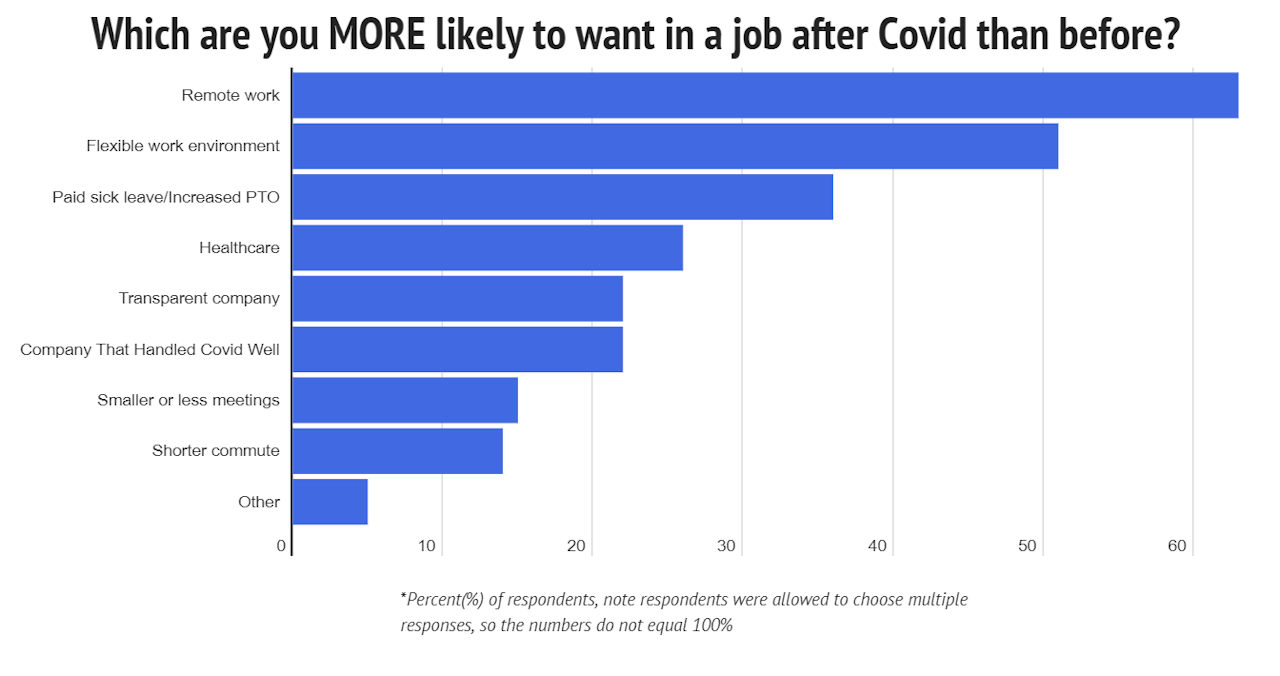 Organizations that make remote work a reality enjoy a workforce that’s happier and has higher morale. Remote managers who make the process run smoothly can expect to see a 20% increase in productivity and employees who are happy to work more than their contracted hours.
Organizations that make remote work a reality enjoy a workforce that’s happier and has higher morale. Remote managers who make the process run smoothly can expect to see a 20% increase in productivity and employees who are happy to work more than their contracted hours.
Access to Talent
Many on-site managers have to limit their hiring opportunities to only those willing to commute to the office.
Remote managers, on the other hand, can hire employees from just about any corner of the world. Remote management opens up a world of talent acquisition and retention that isn’t physically possible when the role requires in-person presence.
Cost-Effective
Organizations and employees can both stand to save a decent amount of money with remote work. Global Workplace Analytics reports that companies can save about $11,000 per year for each employee who works remotely at least half of the time. And employees save about $4,000 per year.
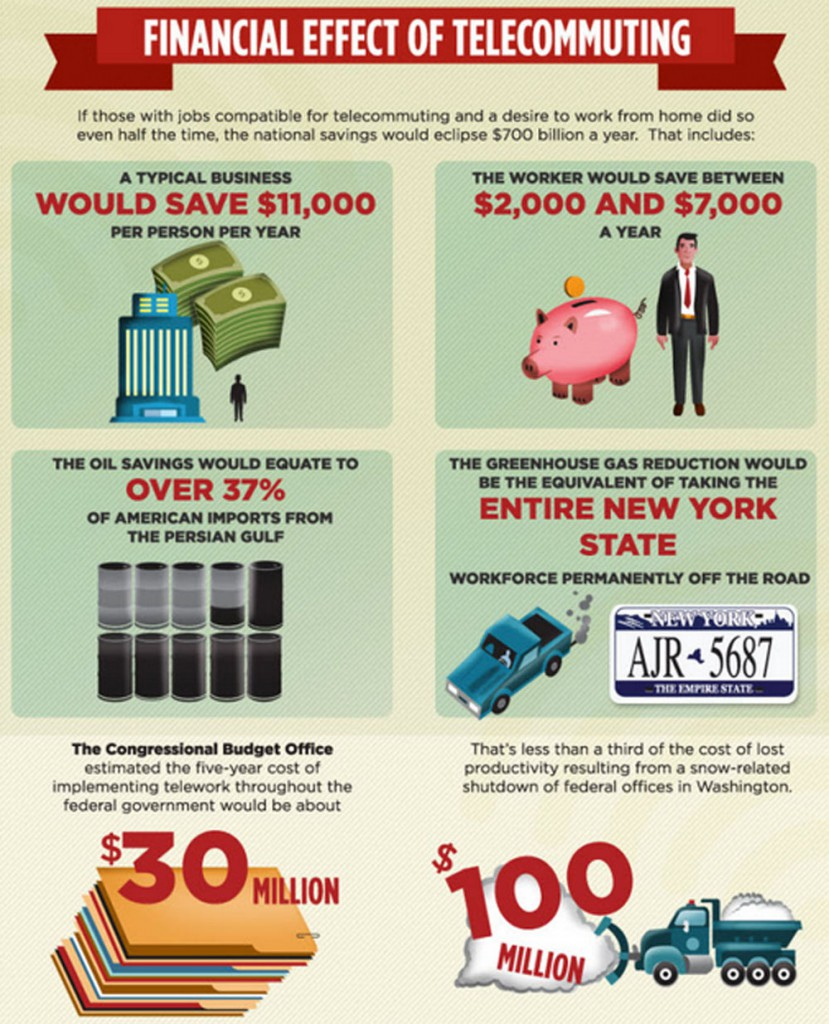
All of these savings can be funneled into something that will enhance the remote work environment even further: upgraded software, a fun squad retreat, or team-wide bonuses. Remember — employees with high morale have a huge impact on the team’s performance!
Disadvantages: Challenges of Remote Management
All that being said, it is important for those considering a role in remote management that there are some downsides to this particular position. There’s a reason that fewer managers prefer to work from home than employees.
Timing
One of the downsides to having hiring access all over the world is that it adds a significant layer of complication when it comes to scheduling meetings, deadlines, and goals.
Many remote offices boast a workplace from all over the country or even the world; scheduling weekly meetings that accommodate everyone’s own “flexible work” schedules — not to mention time zones — can be challenging, to say the least.
Communication
Even aside from the timing and time zone issues, communication, in general, can be challenging in remote management. Many remote managers find that gaps in communication are common and need to be proactively addressed before they become a habit or problem.
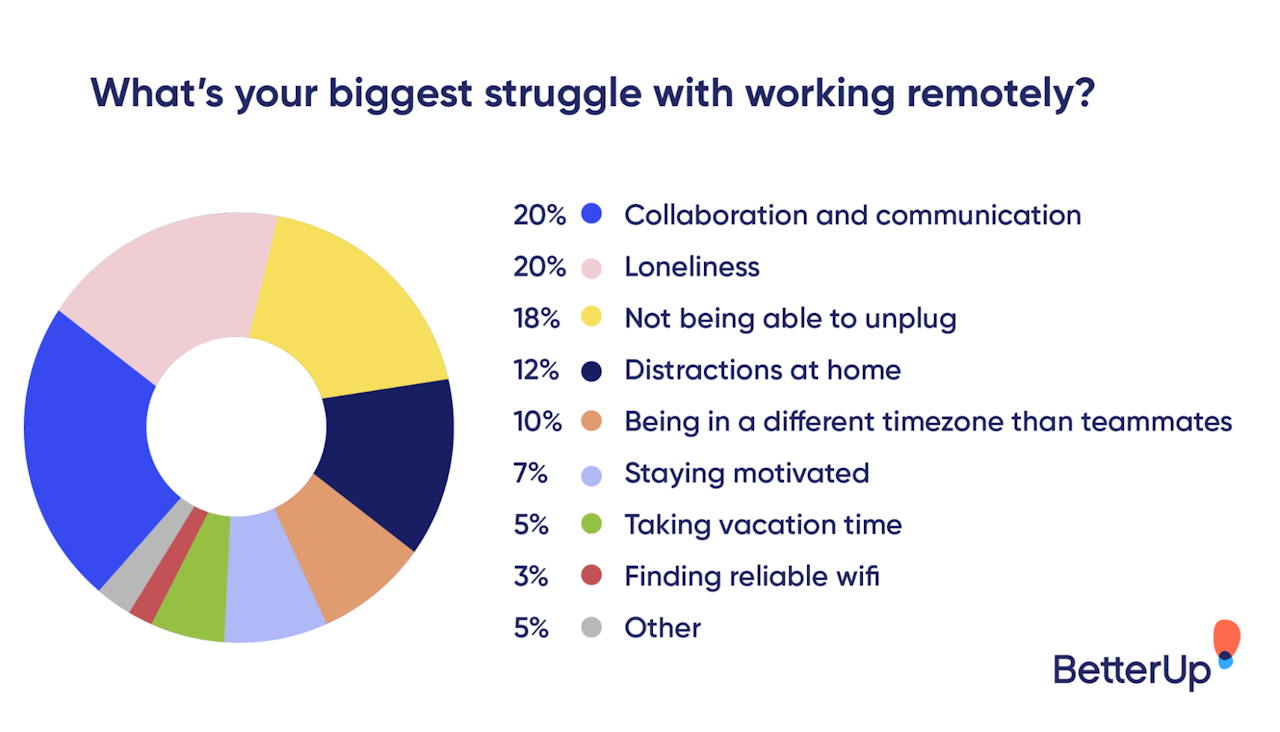
Make sure you have software and processes in place around how and when to communicate.
- Which communications can be handled in a group chat or messenger, and which need an email?
- How often do tasks need to be updated on the project management dashboard?
- How frequently should remote managers and employees check in with one another?
Questions like these need to be clearly addressed during the sales onboarding process so that, even with everyone in different locations and on varying schedules, communication is clear and consistent.
Overseeing
When it comes down to it, many of the general responsibilities of a manager become more challenging when the role is remote. Task management, for example, can be complex and will more than likely require robust software and a clear process for systemizing tasks.
All of the “standard” aspects of being a manager become anywhere from a bit more to significantly more complex when working remotely is considered.
15 Remote Management Best Practices
Many remote managers were forced into the role at the beginning of the pandemic and had to learn as they went along. In fact, even pre-pandemic, 15% of remote managers were not receiving training in their role.
As the global workforce shifts to a more permanent (part- or full-time) remote scenario, more training is, fortunately, becoming available for remote managers.
Whether you’ve been trained for your remote management position, or you’re learning through trial by fire, here are some best practices to keep in mind.
1. Define Clear Expectations
Expectations around specific roles, goals, and work performance should be laid out clearly. Don’t leave any question unanswered or any topic ambiguous.
It’s important to be flexible in how your employees work their roles (more on that later), but that flexibility can only be granted if your expectations are crystal clear from the very beginning.
2. Trust Your Employees
As long as you’ve clearly outlined job and performance expectations, it’s important to give your employees the freedom and flexibility to balance their workload with the perks of working remotely.
Allow them to structure their own workday or work week in a way that works best for them. Encourage breaks throughout the day and don’t expect everyone to be online all the time. The output is what matters most, so focus on that and don’t get hung up on making sure the inputs look like a traditional 9 – 5.
3. Set a Routine
It’s perfectly okay — even encouraged — for remote managers to let their employees set their own work schedules. That being said, it’s also important for managers to create and communicate a general team “routine” that employees should adhere to.
You might, for example, have team meetings at mid-day on Mondays, and ask that everyone update their tasks by Thursday at 5pm EST. The specifics will be unique to your team, but the important part is to make sure there is some semblance of team routine to keep everyone organized and on the same track.
4. Choose the Right Tools
Each team will need a set of software and tools unique to their own business needs and goals. Remote teams will need resources for (at the very least): communication (like Slack or Microsoft Teams), collaboration (like Trello or Asana), project management (like JIRA), video conferencing (like Zoom or WebEx), and HR.
There may be additional tools that your team needs to perform their jobs remotely. Spend time polling your employees and executives about which software platforms and other resources they feel would best support them in their roles.
5. (Over)Communicate
It’s important that remote managers stay proactive about keeping up clear and timely communication among the team. This is where your software and tools come in — they will help everyone stay on the same page and up to speed.
It’s also important that remote managers make themselves readily available for support and guidance. You might consider hosting an “office hours” session on Zoom or Slack, where employees can pop in to chat or clear up confusion. If an employee contacts you outside of those times, it’s also critical that you’re readily available and responsive.
6. Automate Everything
Although remote work is easier in many ways, it can also add some challenges to the workday (like communication and community-building as outlined above). Just like in an office setting, automating remote work as much as you can will alleviate some of the unique challenges of remote work and free up time for the tasks that matter most.
Tip: Automate outreach, follow-ups, tasks, and data entry with Yesware.
7. Focus on Culture
One of the biggest downsides to remote work is the absence of a fun and motivating office culture. Remote managers will be well-served by prioritizing team-strengthening and culture-building initiatives that create a sense of camaraderie. This will help mitigate some of the isolation and loneliness that sometimes comes with remote work.
It’s okay to get creative here. Team-building doesn’t always have to mean on-site retreats or local happy hours. There are thousands of opportunities for remote teams to have shared virtual experiences.
8. Focus on the Big Picture, Not Individual Tasks
With remote work, it can be easy to miss the forest for the trees. Some remote managers get too caught up in making sure that their employees are “doing their jobs” — that is, the individual tasks that are assigned to each particular role — without enough consideration to whether or not they’re each appropriately contributing to the goals of the organization.
Remote management requires flexibility, trust, and an ability to see the bigger picture. Analysis of work performance should start first with how successfully individuals and teams are meeting goals. If targets and goals are on track — great! Give your employees the freedom to keep doing what’s working for them. If they aren’t, then it might be time to dig a little deeper into how to make certain tasks and processes more efficient.
9. Track Productivity
It’s important to implement and adhere to a system for tracking tasks and productivity. The intention here isn’t to micromanage — remember outputs and successfully meeting goals are what matter — but it’s crucial to ensure that everyone on the team remains in the loop about what work is getting done and what needs attention. This helps the team stay on track to meet their goals.
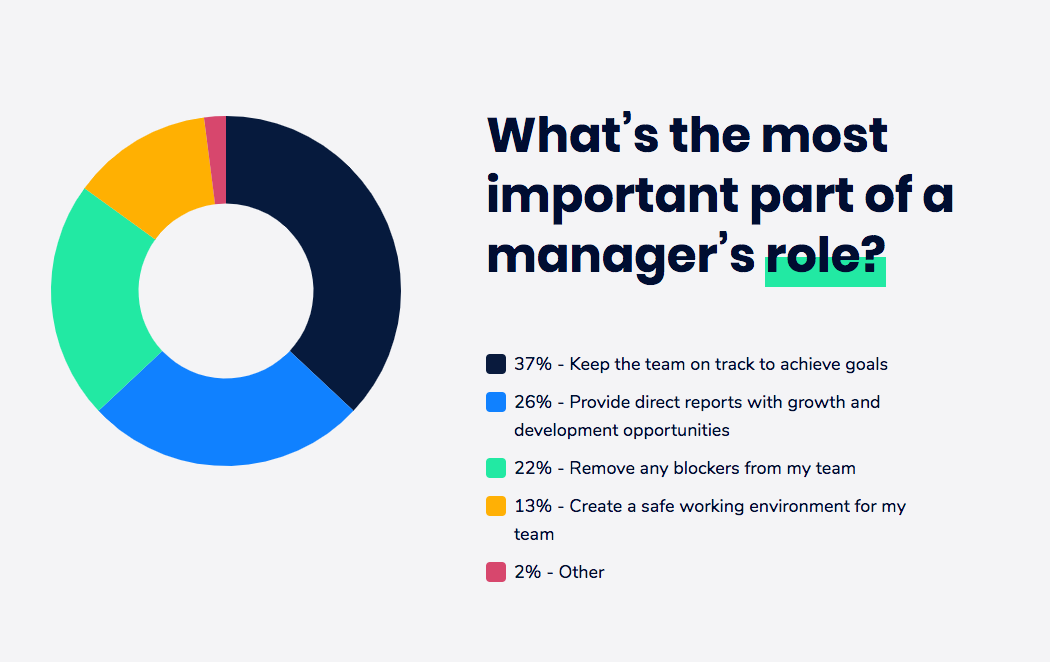
Clearly outline your process and expectations for tracking tasks, and check-in with your employees about how that process is working for them. It doesn’t need to be complicated — even something as simple as Google Sheets could work — but there does need to be a system and accountability for following it.
10. Ask For Feedback
Just like remote managers need to trust their employees, employees also need to trust their managers. Requesting feedback from your team about your performance as a remote manager will go a long way in creating trust and showing them that you’re committed to doing your own job effectively.
In fact, research shows that the most effective managers are the ones who consistently seek feedback from their team members.
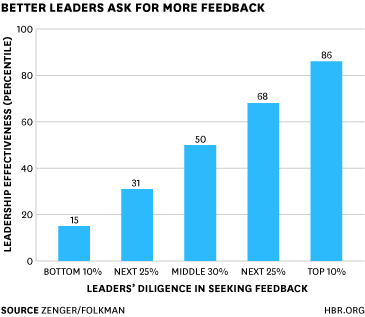
Solicit feedback about what’s working for your employees and what needs to be fine-tuned, both as far as your role as a manager and the overall team functioning.
11. Plan to Gather at Least Annually
As beloved as remote work can be for many employees, there is truthfully no substitute for the chance to occasionally meet and check-in with one another in person.
To the best of your logistical and scheduling abilities, try to plan for at least one team-wide or company-wide gathering per year. Once per quarter is even better, if it can be managed.
12. Prioritize One-On-One Time
Working remotely can lead to a lonely work-life if employees and managers aren’t careful about mitigating it. Some employees also find that working remotely leads them to feel like they’re overlooked or “lost in the shuffle.”
Great remote managers know that it’s critical to schedule one-on-one time with each employee. Not only will this help managers stay tuned in each employee’s progress and performance, but it will also show team members that their manager is invested in their role and their experience at the company.
 How Sales Managers Can Maximize 1:1 Meetings (Backed by Data)Proven strategies for 1:1 meetings that’ll give reps confidence in their day-to-day and drive higher revenue across the team.
How Sales Managers Can Maximize 1:1 Meetings (Backed by Data)Proven strategies for 1:1 meetings that’ll give reps confidence in their day-to-day and drive higher revenue across the team.
13. Recognize Achievements
Remote work can sometimes give employees the sense that all of their work just goes “into the void.” It can lead them to wonder to what purpose they’re actually contributing, and whether or not their work is being valued.
Research shows a significant mismatch in managers’ and employees’ views about how well they’re being shown appreciation, so remote managers need to work extra hard to make this process visible to their team.
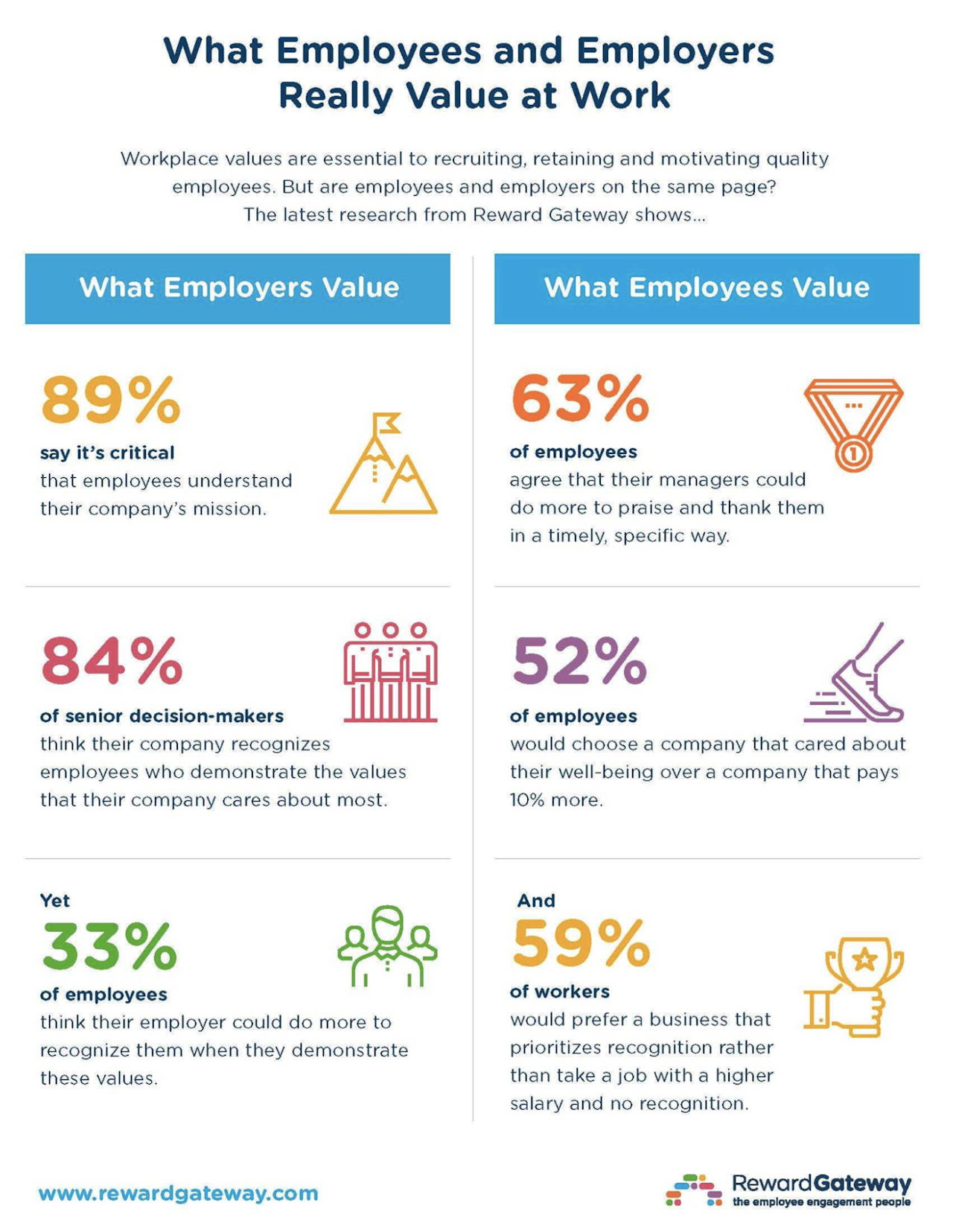
Remote managers should take care in recognizing and celebrating individual and team accomplishments. Be proactive in showing the team how their work contributes to the team’s and organization’s overall goals and progress.
14. Encourage Ongoing Training
Remote work is fantastic for many, but can also sometimes lead to feeling like you’re stuck in a rut. Remote managers should ensure that employees have access to regular, ongoing opportunities for personal and professional development and training programs.
15. Be Proactive
Remote managers need to be able to think several steps ahead. Remote work often requires additional resources and logistical considerations that in-office work does not. Managers need to be on top of the ball and ensure that employees have the things they need, when they need them, to do their job well.
Traits of a Good Remote Manager
The tasks and specific duties required of remote management are easy enough to master, but it’s also important for remote managers to spend time on personal development.
The following are traits of great remote managers. Those looking to work in this role should spend time reflecting on their strengths and areas of growth in each of these character traits.
- Empathetic: Remote managers need to be empathetic to the flexibility and scheduling needs of their team. Remote employees often juggle many moving pieces and sometimes have to multi-task. Be sensitive and responsive to your team’s pain points and concerns, both professional and personal.
- Approachable: Remote work can sometimes make managers feel like “the man behind the curtain.” Some employees may feel apprehensive to engage with managers that they feel don’t know them very well or “hide” behind their computer screen. Remote managers need to make careful efforts to be friendly, approachable, and eager to guide, interact, and collaborate with their team members.
- Organized & Detail-oriented: Remote management means overseeing a variety of tasks, schedules, roles, and goals. Managers in this role need to have a meticulous and proven system for keeping track of their many duties.
- Effective Delegator: Without opportunities to quickly check in with teammates in the office, it’s critical that remote managers can effectively delegate and follow up about specific tasks for their employees. Everyone on the team should be clear about what their roles and tasks are, and how to contact the manager if they’re unclear.
Does your team work remotely? What processes do you have in place to make sure the remote structures run smoothly?
Get sales tips and strategies delivered straight to your inbox.
Yesware will help you generate more sales right from your inbox. Try our Outlook add-on or Gmail Chrome extension for free, forever!
Related Articles
Anya Vitko
Casey O'Connor
Casey O'Connor
Sales, deal management, and communication tips for your inbox

